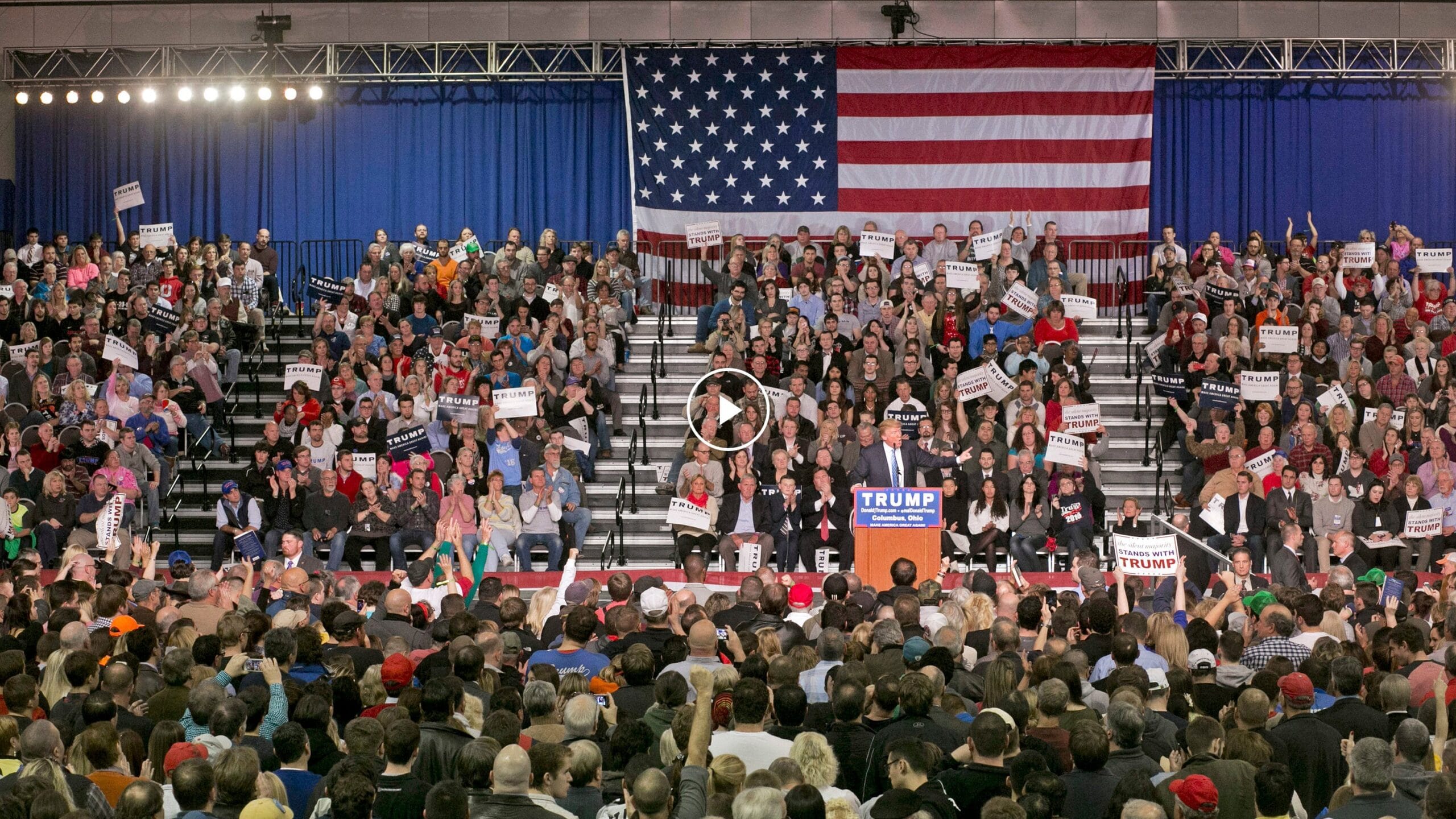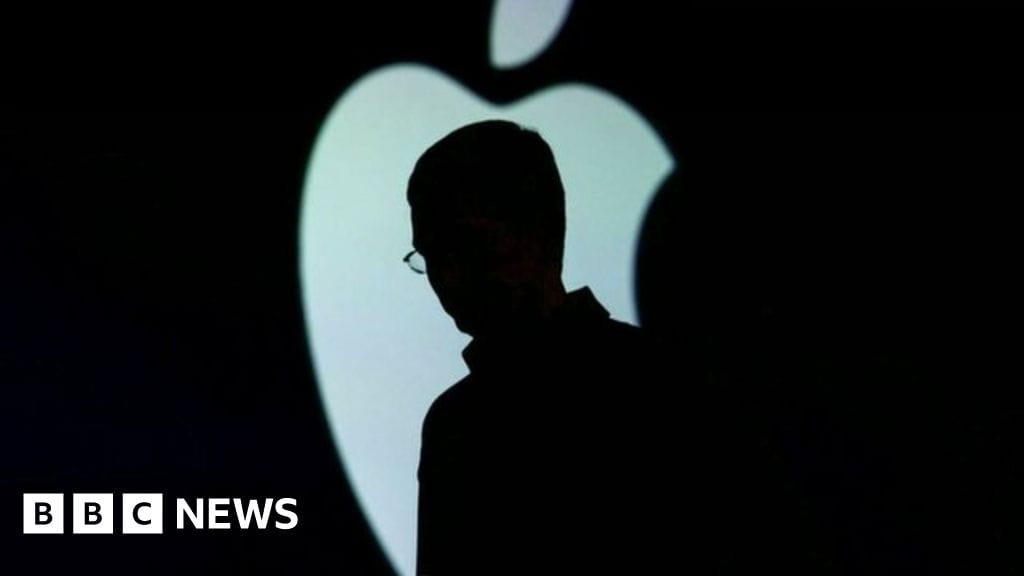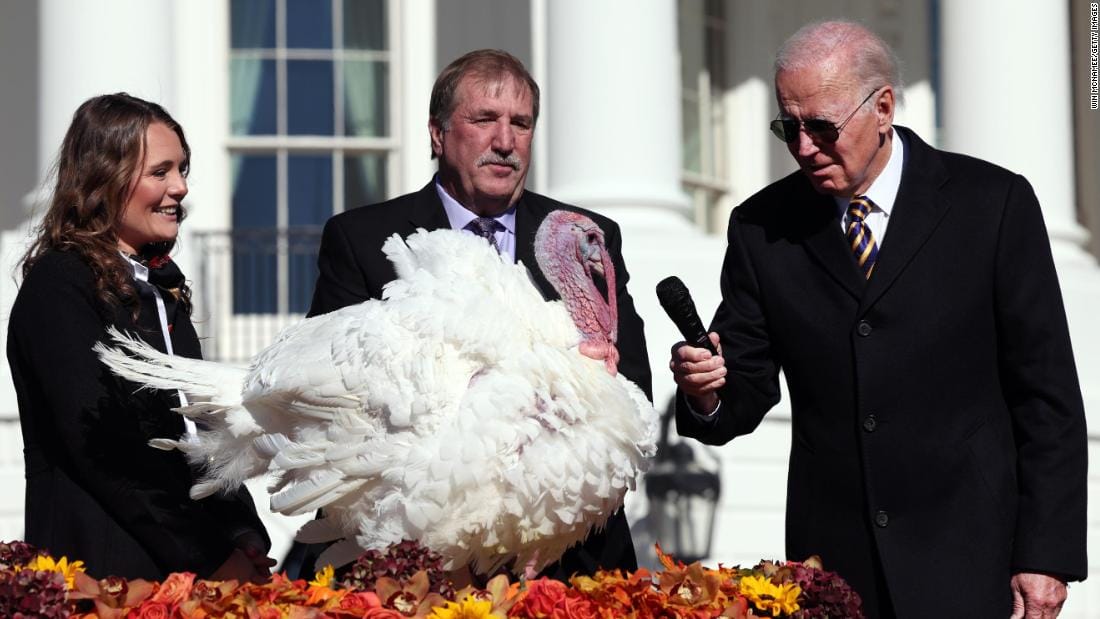The political landscape of the United States is continuously evolving, marked by shifting allegiances and emerging figures at the forefront of public discourse. A recent poll highlights a distinct preference among Republican voters, revealing that a sizable majority favors former President Donald Trump over billionaire entrepreneur Elon Musk.
As the Republican Party gears up for future electoral challenges, understanding voter preferences is paramount. The poll results have drawn attention not only for their implications on individual candidates but also for what they signify about the party’s direction and the priorities of its base. The findings show that a consistent support for Trump remains ingrained in the Republican electorate, signaling that his influence is robust, even amid the rise of other notable figures, such as Musk.
Examining the poll data uncovers striking insights. A substantial portion of Republican respondents indicated that they align more closely with Trump’s political ideologies and leadership style than with Musk’s entrepreneurial approach. This particular alignment might stem from Trump’s tenure as President, during which he established a distinctive political identity characterized by nationalism, economic protectionism, and a combative stance towards the political opposition. While Musk is celebrated in business and tech circles for his innovations with companies like Tesla and SpaceX, these accomplishments do not seem to translate into political currency among Republican voters who are more seduced by Trump’s populist rhetoric and political bravado.
The backdrop for this scenario is a complex interplay of factors shaping voter sentiment. One significant element is the deeply polarized nature of American politics, where loyalties are often dictated by party affiliation. Republican voters, many of whom still harbor strong loyalty to Trump, appear to prioritize traditional party values and perspectives over new ideas emanating from figures outside the established political arena, even those as influential as Musk.
Despite Musk’s high profile, characterized by his innovative ventures and substantial social media presence, the poll indicates that his appeal does not extend equally to Republican voters. This revelation underscores a fundamental aspect of voting behavior: personal charisma and business success do not always correlate with political support. Trump remains a compelling figure within the Republican landscape, combining a deep understanding of his voter base with a willingness to engage in direct communication via platforms like social media. In contrast, Musk’s approach to public engagement revolves around business and technology, which may not resonate as strongly with the political aspirations of many party members.
Furthermore, Trump’s continued presence in the political sphere plays a significant role in shaping narratives and influencing voter priorities. His ongoing public statements and high-profile appearances serve to keep him at the forefront of political discussions, allowing him to maintain relevance amid potential challengers. Polls like the one currently under review provide a snapshot of Republican sentiment, and the results speak to the efficacy of Trump’s communication strategy in engaging his followers.
In addition to examining the dynamics of Trump and Musk, it is crucial to assess broader trends within the Republican Party. The poll’s findings may indicate a potential reluctance to embrace candidates who do not embody the traditional party values that Trump represents. As the party looks ahead, the commitment of its base to established figures may deter the emergence of new leadership that does not align with Trump’s brand of politics. This phenomenon may impact the quality of candidates challenging for positions within the party.
However, it is essential to recognize Musk’s indirect influence and potential as a factor in future political discussions. While the current poll suggests that Trump remains the preferred choice among Republicans, Musk’s visibility as a successful figure in business may prompt discussions about innovation and economic issues that could sway voter opinions over time.
As the political engagement landscape continues to shift, Republican voters will likely navigate between traditional party allegiance and the allure of new ideas presented by figures like Musk. This balancing act could yield significant implications as the Republican Party approaches upcoming elections. With various factions vying for influence, the poll reflects a moment in time upon which candidates must build their strategies.
In conclusion, while Trump continues to enjoy significant loyalty among Republican voters as indicated by the recent poll, the evolving nature of American politics beckons candidates to remain dynamic and responsive to shifting public sentiments. As the Republican Party looks toward the future, it must grapple with the balance between tradition and innovation, ensuring that it resonates with its base while remaining open to new ideas that could shape its identity.


